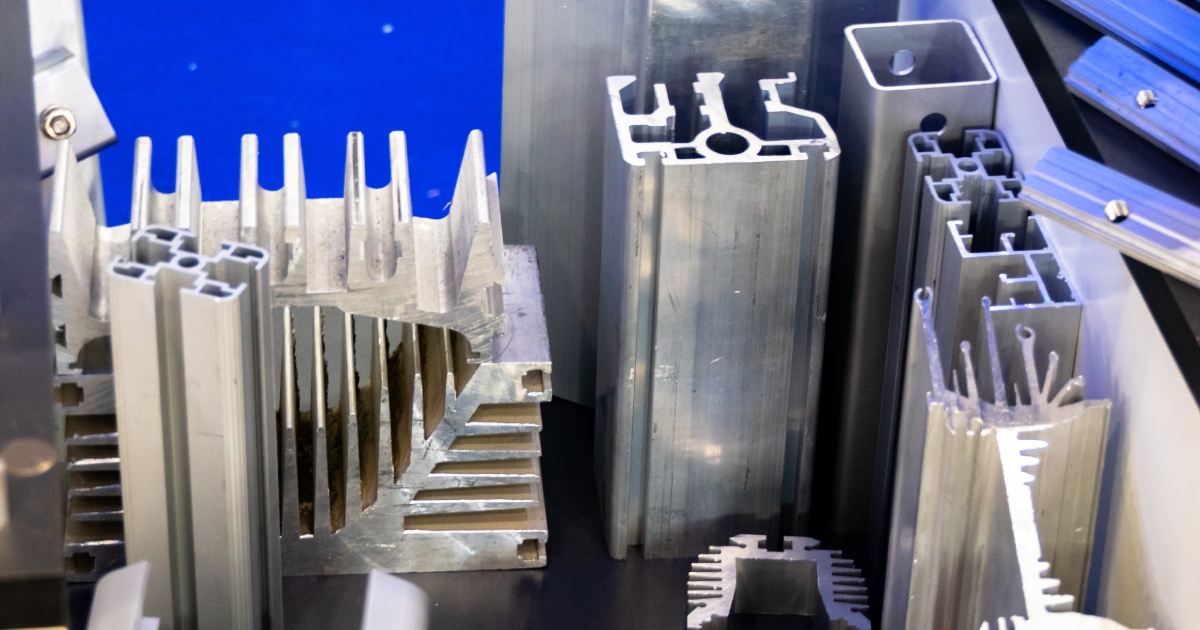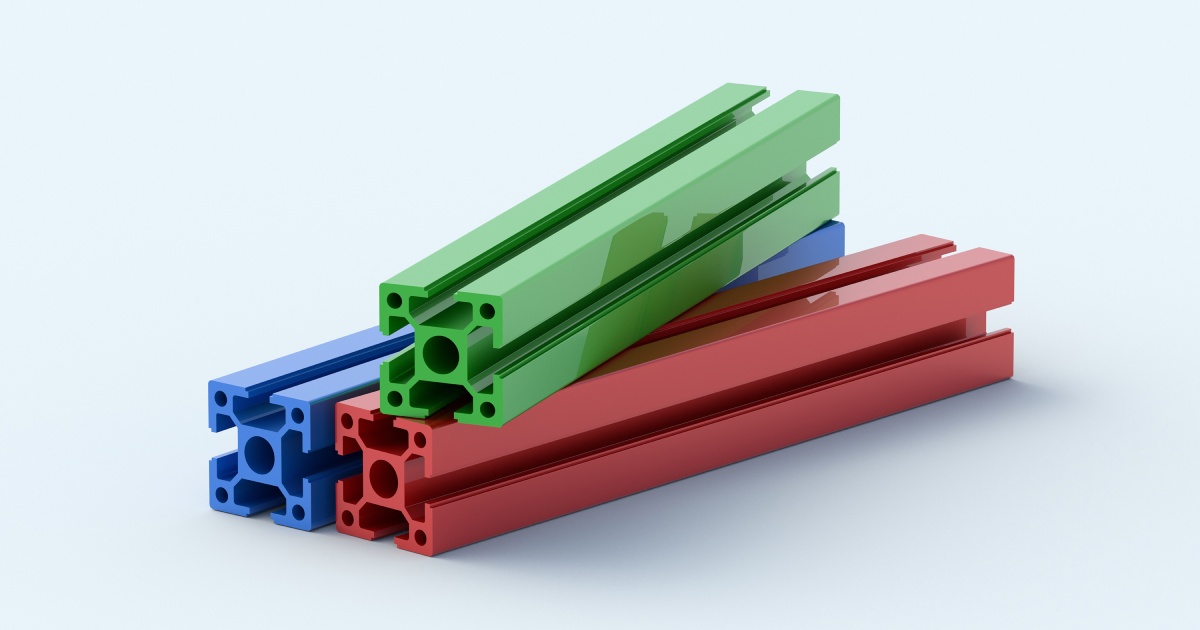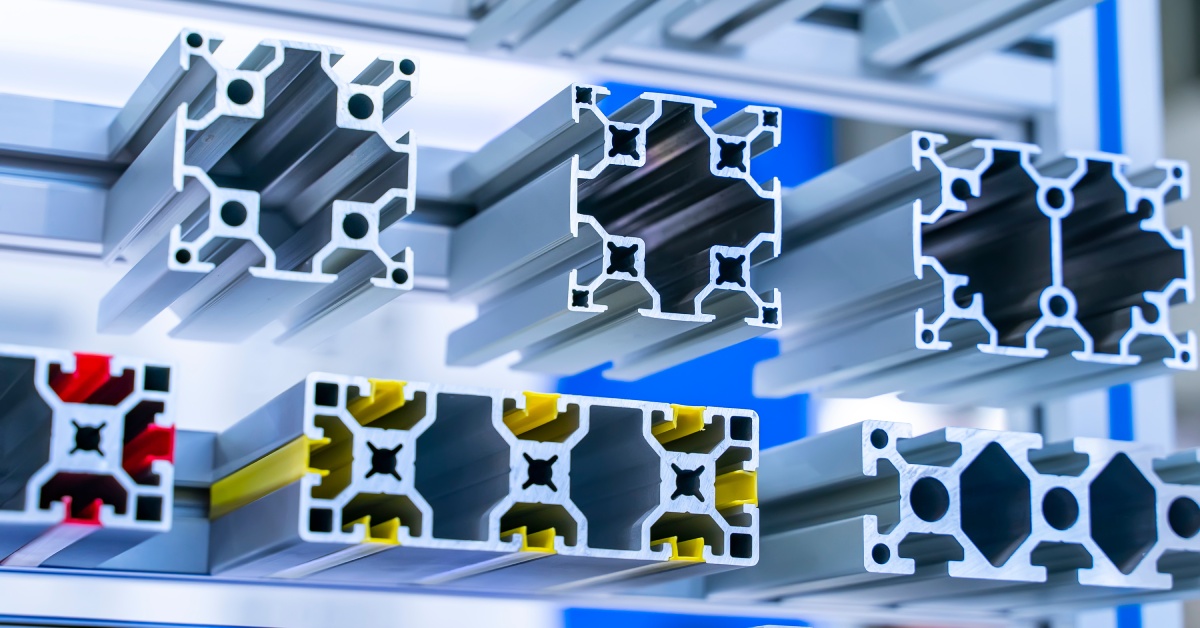
Manufacturing operations face mounting pressure to optimize processes while maintaining quality standards. Custom aluminum fabrication has emerged as a strategic solution for companies seeking to enhance efficiency across multiple operational areas.
Unlike off-the-shelf components that force businesses to adapt their processes, custom aluminum fabrication allows manufacturers to design parts that integrate seamlessly into existing workflows. Learn how custom aluminum fabrication enhances efficiency by allowing manufacturers to make informed decisions for their production strategies and resource allocation.
Standard components used in manufacturing can lead to inefficiencies, since they aren’t designed specifically for the machinery they work with. Custom aluminum fabrication eliminates these problems by adapting to specific components.
When manufacturers work with fabrication specialists to design custom parts, they can specify exact dimensions, tolerances, and features that align with their production requirements. With this precision in design and execution, secondary operations such as drilling, cutting, and modifications are reduced, saving valuable production time.
Workers can install custom-fabricated components directly without additional fitting or adjustment procedures. The result is faster assembly times and reduced labor costs per unit. Manufacturing teams spend less time on component preparation and more time on value-added activities that directly contribute to output goals.
Standard aluminum stock often requires significant modification to meet specific application requirements, generating substantial waste material. Custom fabrication optimizes material usage by producing components to exact specifications from the outset.
This approach minimizes scrap generation and reduces raw material costs over time. Additionally, custom-sized components require less storage space and simplify inventory management procedures.
Material handling becomes more efficient when components are sized appropriately for their intended applications. Workers can move and position custom-fabricated parts more easily, reducing the physical strain and time associated with handling oversized or awkwardly shaped materials.

Manufacturers can consolidate multiple functions into one singular component with custom aluminum fabrication. This reduces assembly complexity and potential failure points throughout the facility. Instead of joining several standard parts to achieve the desired functionality, fabricators can create integrated solutions that perform multiple tasks.
This consolidation approach reduces the number of fasteners, joints, and connection points in assemblies. Fewer connections mean reduced assembly time, lower material costs, and improved structural integrity.
Complex geometries that would be impossible or impractical with standard components become achievable through custom fabrication techniques such as CNC machining, waterjet cutting, and precision bending.
Custom aluminum fabrication allows engineers to optimize material distribution based on actual load requirements and stress patterns. Instead of using standard thickness throughout a component, fabricators can vary the material thickness to place stronger components where needed and reduce weight in low-stress areas.
This targeted approach to material distribution improves performance while minimizing overall weight. Lighter components reduce energy consumption in automated handling systems and decrease the physical demands on workers during manual operations.
Weight optimization also extends to shipping and logistics, where lighter custom components reduce transportation costs and enable more efficient packaging configurations.
Facilities can design custom aluminum components to work best within existing equipment configurations, reducing wear patterns and extending operational life. Standard components can create stress points or alignment issues that accelerate equipment degradation, requiring frequent replacements compared to custom-made equipment.
By designing components that distribute loads evenly and maintain proper alignment, custom fabrication helps preserve the condition of surrounding equipment and reduces unplanned maintenance events.
Aluminum’s resistance to corrosion, combined with appropriate surface treatments, ensures that custom components maintain their performance characteristics over extended service periods. That reliability reduces the frequency of component replacement and associated downtime.
Custom fabrication allows manufacturers to incorporate maintenance-friendly features directly into component designs. Access ports, inspection windows, and service points can be positioned optimally for maintenance personnel and customized to each piece of machinery’s current design.
These design considerations reduce the time required for routine maintenance tasks and improve the safety of maintenance operations. Components can be designed with features that facilitate quick removal and installation during service events, decreasing the downtime of machinery during inspections.
Standardizing on custom designs also simplifies maintenance procedures and reduces the training requirements for maintenance staff. This allows more employees to learn basic safety measures and inspection requirements and reinforces safety standards.

Custom aluminum fabrication enables tighter quality control compared to sourcing various standard components from multiple suppliers. Working with a dedicated fabrication partner allows manufacturers to establish consistent quality standards and specifications across all custom components.
This consistency reduces variability in assembly processes and final product quality. Workers become familiar with the handling characteristics and installation procedures for custom components, leading to more predictable assembly times and reduced error rates.
Fabrication partners can implement specific quality assurance protocols tailored to the manufacturer’s requirements, ensuring that components meet exact specifications before delivery.
Consolidating component sourcing through custom aluminum fabrication reduces supply chain complexity and the associated administrative overhead. Instead of managing relationships with multiple component suppliers, manufacturers can work with a single fabrication partner for various custom parts. This streamlined approach reduces procurement costs, simplifies inventory management, and improves supply chain visibility.
Lead times become more predictable when working with established fabrication partners who understand your specific requirements and quality standards. Reduced supplier complexity also minimizes the risk of supply disruptions and quality inconsistencies that can impact production schedules.
Custom aluminum fabrication is a great option, but it requires working with the right custom aluminum fabricators. A-line Automation offers quality custom aluminum fabrication that combines innovative and customer-focused solutions.
We specialize in designing and manufacturing aluminum components to meet the needs of each unique client. From planning to finishing, we can help you throughout the aluminum fabrication process. Contact us today to learn more about our high-quality solutions.
Custom aluminum fabrication enhances efficiency in a way that extends beyond immediate cost savings. With a combination of precision manufacturing, optimized material usage, and integrated functionality, your facility can experience compounding benefits throughout its manufacturing operations.